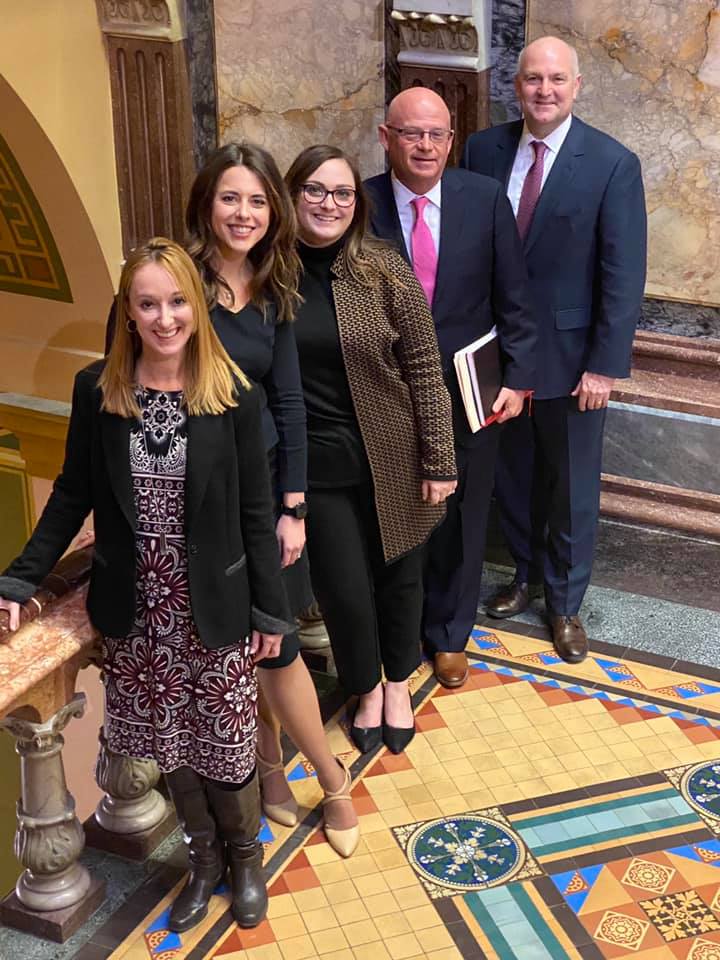Iowa Legislative Session 2020
Jun 17

The 2020 Legislative Session adjourned on Sunday, June 14, 2020 after a marathon-style push, which included a mid-session pause and late nights to finish.
The session began on January 13, 2020 full of the usual pomp and circumstance, as leadership in the different branches and chambers focusing on their various priorities. While there was some overlap, it was clear that changes to tax policy would likely dominate the conversation. With the state’s budget reserves full and a healthy surplus from the previous fiscal year predicted, it seemed likely Iowans might actually enjoy further tax cuts.
Then COVID-19 hit, forcing the Legislature to take a two-and-a-half month break almost exactly halfway through the session. Businesses were forced to close, many Iowans were forced to work from home, and daily press conference updates from the Governor became the norm. Legislators turned to focus on their constituents, making sure all were healthy while legislative priorities shifted to ensuring the state could bounce back to the thriving economy it boasted prior to the worldwide pandemic.
As weeks went on and the state began to open, legislative leaders set their eyes on June 3 as the date for session to resume. Many legislators were excited to get back to work with an eye on passing the state budget, accomplishing some tax policy, and helping ease coronavirus-induced employer liability concerns.
However, with growing tension due to racial injustice echoing throughout the country, end-of-session priorities shifted to include justice reform. Working with the Legislative Black Caucus, Democrat and Republican leaders co-sponsored a bill that included a ban on chokeholds as a de-escalation tactic, provisions prohibiting police departments from rehiring officers who have been fired for misconduct, further details outlining de-escalation training requirements, and an extension of attorney general power to investigate and prosecute officer misconduct. The bill was signed almost immediately after a unanimous vote was taken in both chambers, culminating in a historic moment for all involved. And while historic, this bill was one of the many big policy pieces addressed in the 10-day abbreviated session; bills addressing elections, pro-life concepts, tax policy, and setting the state’s budget were also sent to the Governor’s office before adjourning on Sunday for the year.
Now the Government Affairs team will focus on the upcoming election cycle. Much like the legislative session, this year’s election will face some challenges due to continued social distancing amidst COVID-19 concerns.
